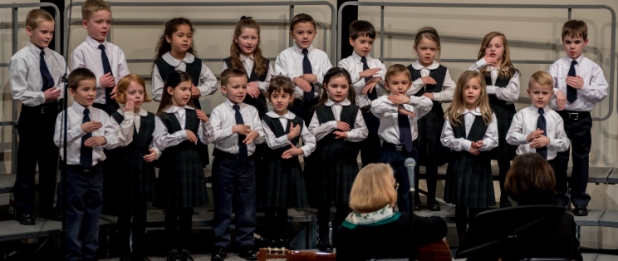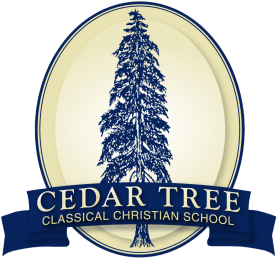“The wisdom that comes from heaven is first of all pure; then peace-loving, consider-ate, submissive, full of mercy and good fruit, impartial and sincere … But if you harbor bitter envy and selfish ambition in your hearts, do not boast about it or deny the truth. Such ‘wisdom’ does not come down from heaven, but is earthly, unspiritual, of the devil” (James 3:14-17).
It is important that a school community always ask “What does wisdom look like?” and look to the Scriptures for answers. Since contrasts and illustrations are effective in helping us grasp abstract concepts, the Bible sometimes describes a false “wisdom” in order to clarify what genuine wisdom looks like. This theme of contrasting approaches to wisdom can be traced throughout the Bible, beginning in Genesis.
How many trees are there in the middle of the beautiful garden God prepared? Not one, but two: the Tree of Life and the Tree of … Death. Perhaps you have wrestled with the actual name of that second tree, “the Tree of the Knowledge of Good and Evil.” The word “knowledge” here can’t mean “understanding evil”, or the tree wouldn’t include good as well. Nor can it mean “experiencing evil”, because what happens to Adam and Eve after they sin is true of God himself (see Gen. 3:22). The best alternative is to use another possible meaning of the word: “determining good and evil” or “deciding for one’s self what is right and wrong.” One tree represents a gift offered by God (life in faithful obedience), but instead, man chooses the other tree: deciding for himself what is right and wrong (resulting in death, the threatened punishment). In humanity’s initial state of innocence, there is a choice between two kinds of wisdom.
[pullquote3 variation=”moss green” align=”left”]In humanity’s initial state of innocence, there is a choice between two kinds of wisdom.
We find this idea of two contrasting “wisdoms” frequently throughout the Scriptures. Near the time of his death, Moses describes a fork in the road before the people of God, with obedience leading to life and blessing on the one hand, and ignoring God’s Law and death on the other (Deut. 30:11-20). In Proverbs 9, there are two figurative women who both claim to offer wisdom and who both cry out to get people’s attention. Their promises are actually very similar, but the woman Folly invites people to sin: “Stolen water is sweet; food eaten in secret is delicious” (Prov. 9:16). The passage from James quoted above is another example of these “two wisdoms.”
Real wisdom is the ability to apply God’s eternal truth to changing life situations. Earthly “wisdom” is deciding for ourselves what is right. In promoting heavenly wisdom, Cedar Tree self-consciously seeks not only to describe what it looks like in everyday life, but to model it, recognize it, and encourage it.
[pullquote3 variation=”moss green” align=”right”]Real wisdom is the ability to apply God’s eternal truth to changing life situations.
Dangers for our community of faith and learning include ingratitude, selfishness, bearing grudges, ignoring proper channels of authority, and the always-present temptation to gossip. Making choices like these amounts to choosing for ourselves rather than choosing the standards of God’s Word. The result is death.
Choosing the way of life is to delight in God’s law. In our school context, it means students, parents, and staff promote peace and work to encourage others. It means facing trials with joy, forgiving others, respecting authority, and saying only what is necessary, kind, and true. Since this way of life is not natural, we must rigorously keep one another accountable to making these right choices on a consistent basis.
Is such a life actually possible? That kind of wisdom has to come from above. For us and for our children, we need to seek it from God.
Tom Bradshaw has been serving as Cedar Tree’s headmaster since 2006. This essay was first published in 2008.






